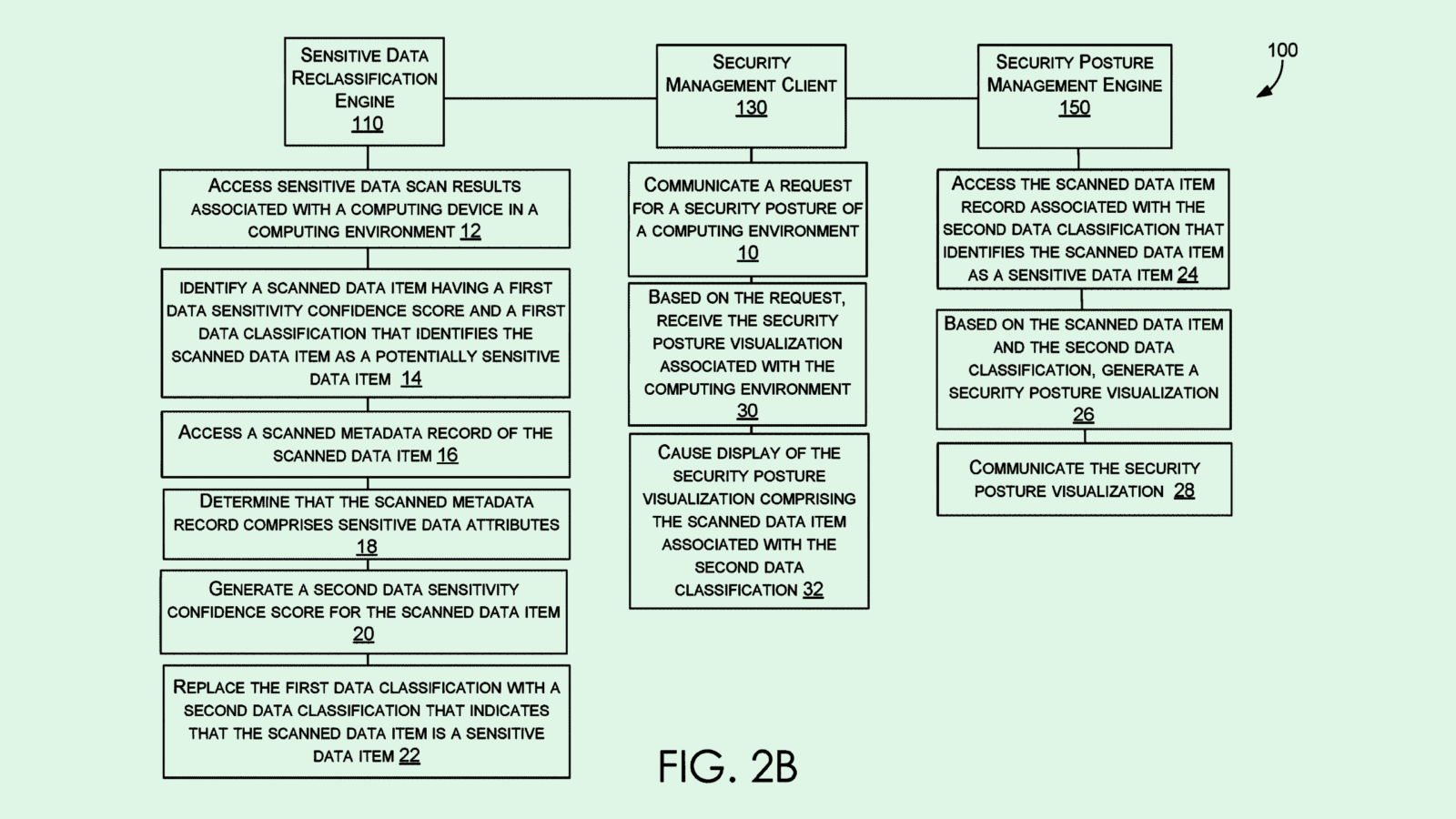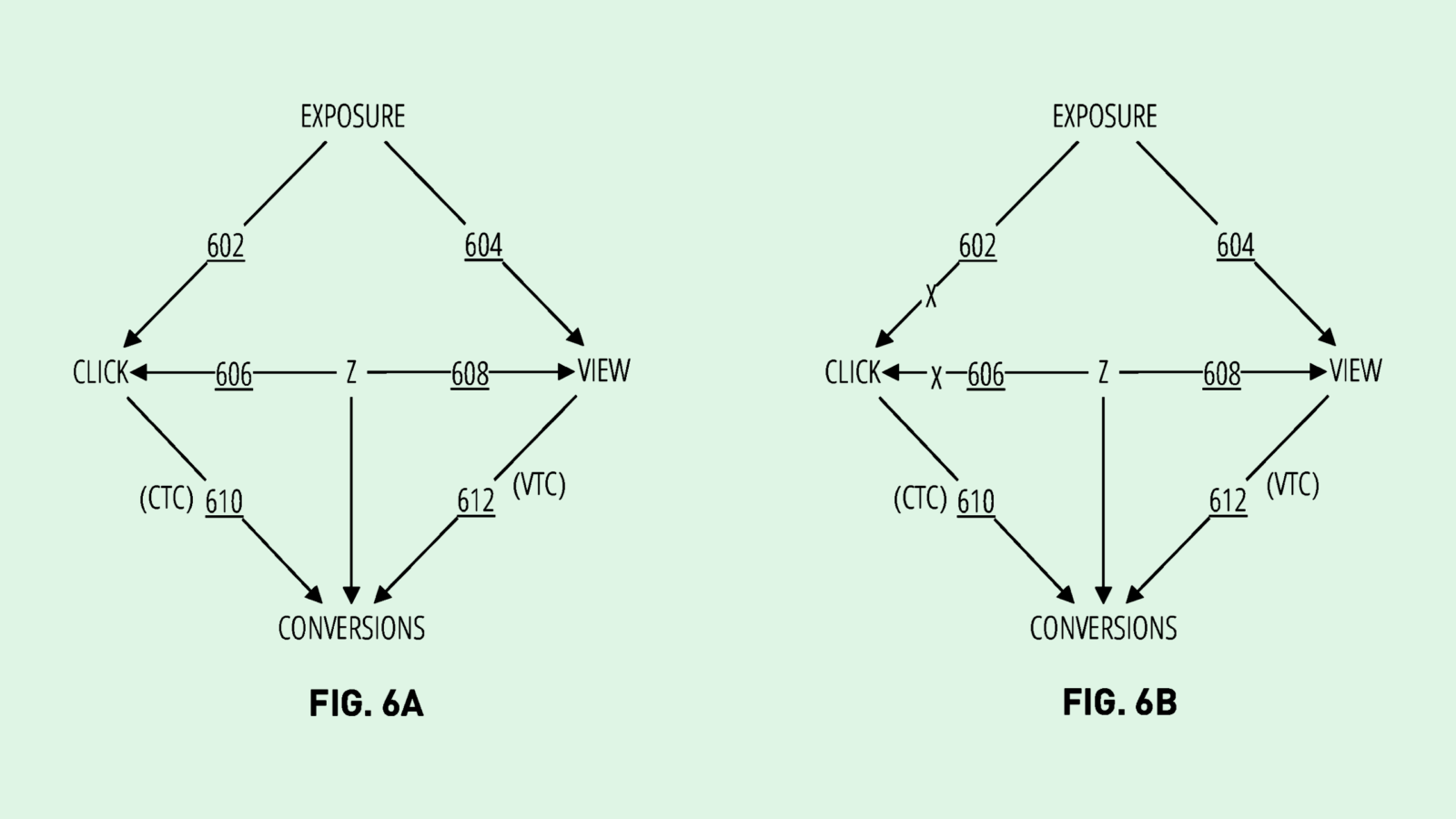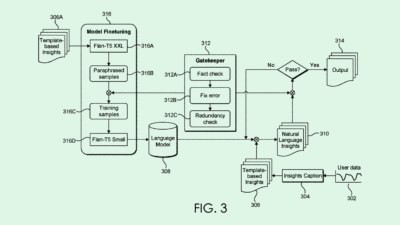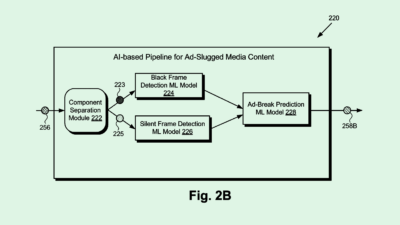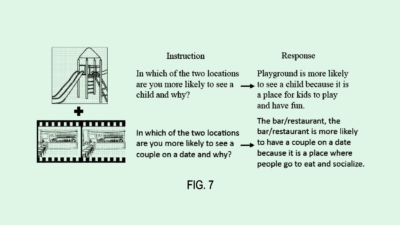Alibaba’s Neural Network Efficiency Patent Signals AI, Cloud Goals
Alibaba wants to shave down its neural networks to make AI easier to deploy.
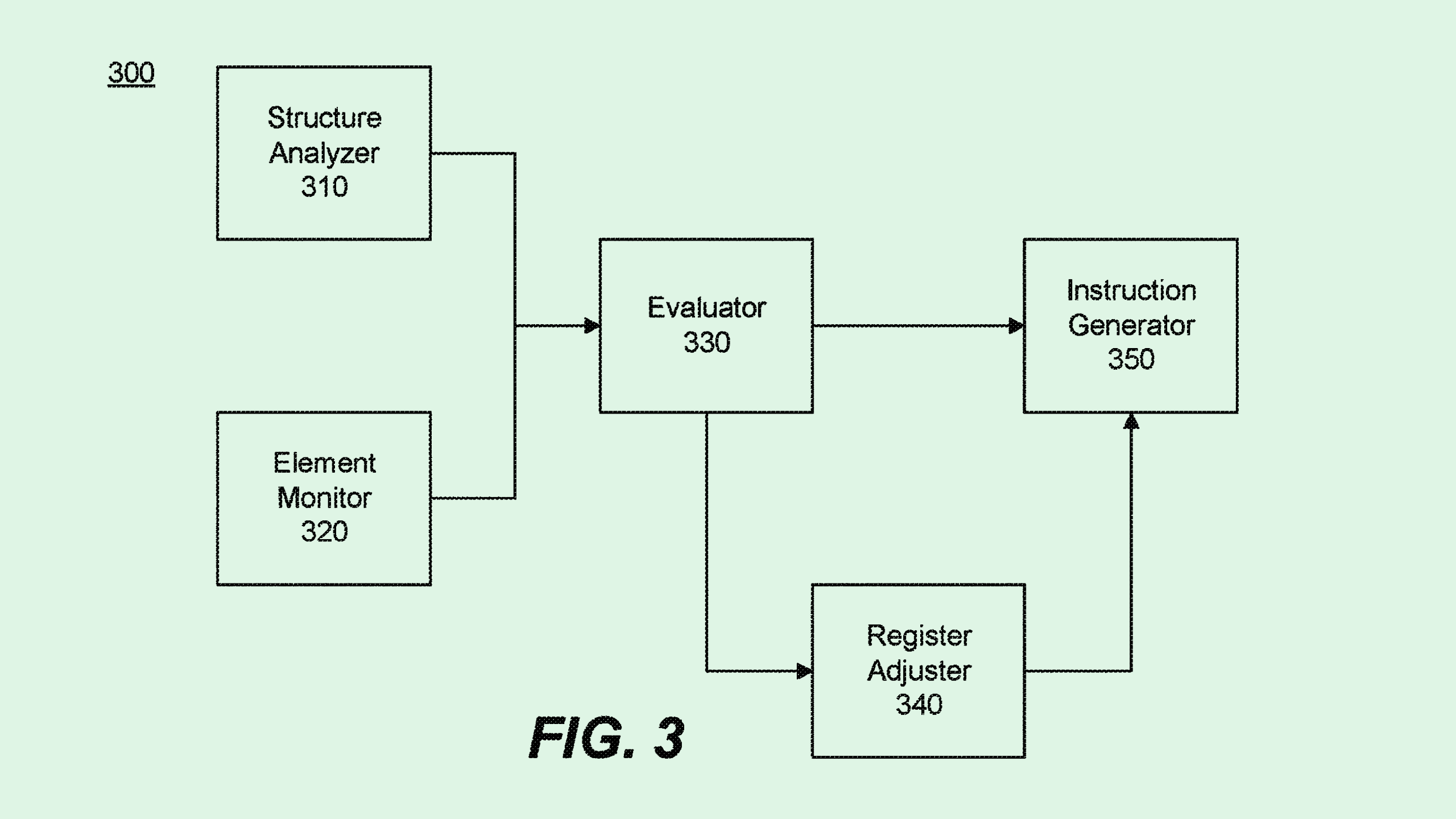
Sign up to uncover the latest in emerging technology.
Alibaba wants its AI models to be a touch smaller.
The company filed a patent application for a system for “reducing (the) size of a neural network model.” Alibaba’s system looks to reduce the data storage and computational requirements of neural networks, which tend to be much larger and compute-intensive than other models.
While conventional systems can shrink models using pruning strategies, or removing parameters, these systems often have “little consideration of how to trade off between model accuracy and size reduction with the same execution efficiency,” Alibaba said in the filing.
Alibaba’s model compression method involves determining the size of the available hardware’s “vector register,” or essentially understanding the capabilities and data storage capacity of the hardware the neural network will run on.
Then the system compresses the data in the model to fit neatly into this vector register by repeatedly pruning the model of excess data. This process is monitored after each round of pruning to understand how the model’s performance is impacted, and to not shave off more data than necessary. Finally, the neural network is loaded into the vector register efficiently.
The goal is to create a neural network that can run within the constraints of less-intensive hardware, without sacrificing its integrity or accuracy. This not only helps save energy and computing resources but could make deploying these models easier and more accessible.
Like every other tech firm, Alibaba has sizable AI ambitions. Eddie Wu, CEO of the e-commerce firm, announced in November its goal to remake itself as “open-technology-platform enterprise to provide infrastructure services for AI innovation and transformation in thousands of industries,” with plans to undergo sweeping restructuring to do so.
The company’s vast cloud services business has given it a leg up, offering AI startups credits to use its computing resources to train AI models in exchange for equity in their companies. With investments in companies like Moonshot, Zhipu, MiniMax, and 01.ai, this model has made way for the company to become a leading AI startup investor in China, according to the Financial Times.
In the most recent quarter, Alibaba’s cloud services sector saw around a 3% year-over-year growth rate, bringing in 25.6 billion yuan, or $3.5 million for the quarter — though AI-related revenue increased “triple-digit year-over-year,” according to Wu. Its core e-commerce business is also leveraging AI for growth with a chatbot for personalized recommendations.
However, its cloud computing division has stiff competition with the likes of Microsoft Azure, Google Cloud, and Amazon AWS. According to CRN, Amazon holds 31% of global cloud services market share, With Microsoft at 25% and Google at 11%. Alibaba, meanwhile, sits at around 4%. Making AI easier to deploy as this patent intends could help lure new developers.




